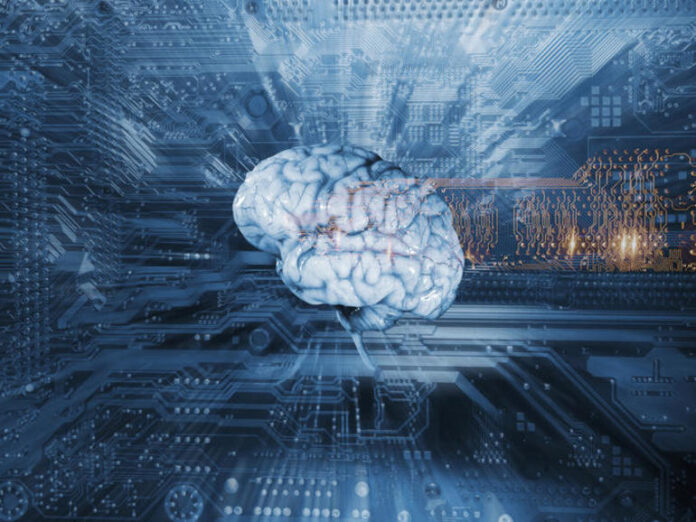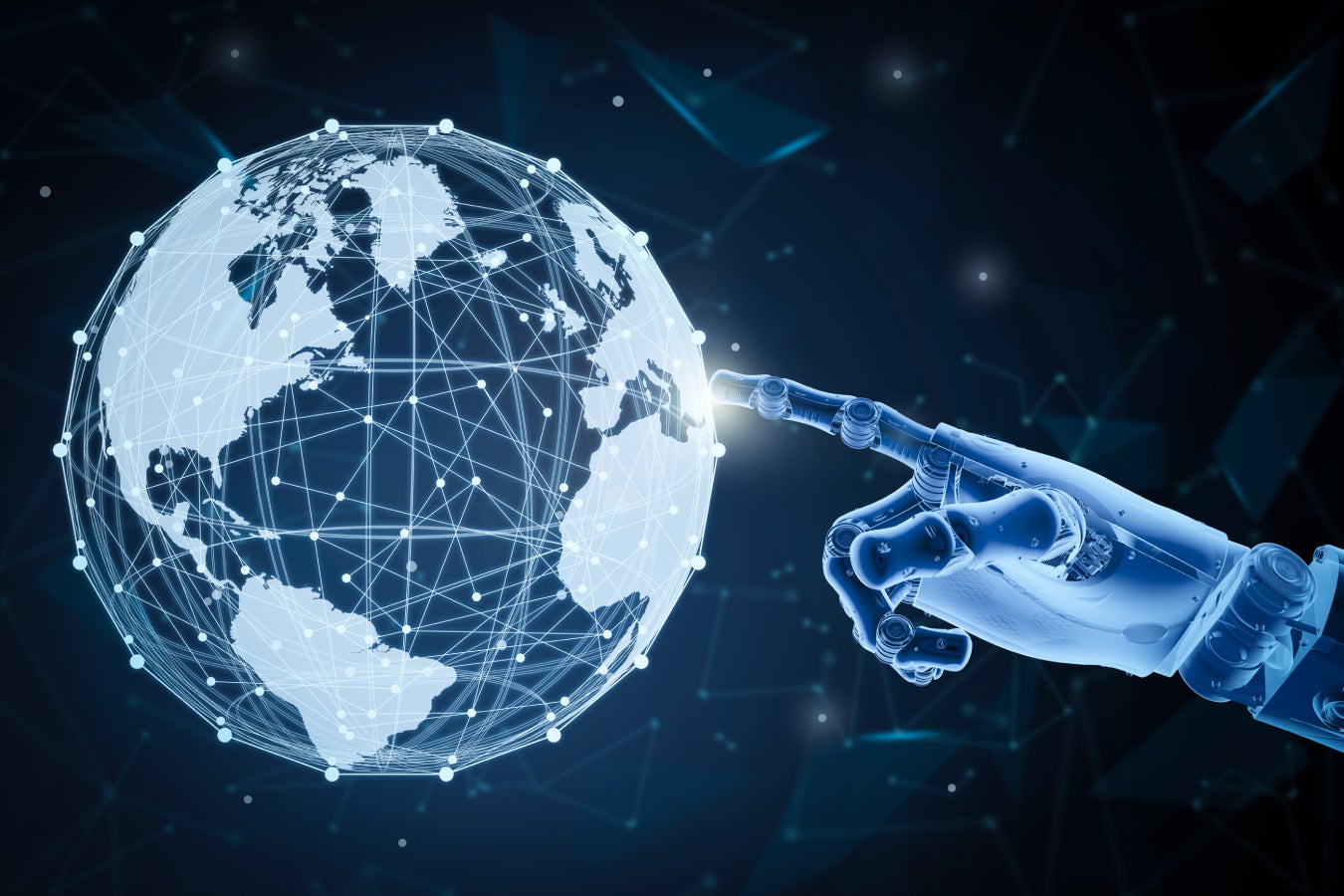The Brazilian economy could benefit from a boost of up to 4.2% within the next decade if companies and governments promote large-scale adoption of artificial intelligence, according to a new study by consulting firm FrontierView commissioned by Microsoft.
The potential of GDP increase of more than four percentage points is the most optimistic scenario set out in the reseach, whereby AI use goes beyond automation and is used to create highly skills jobs, drive productivity and economic growth.
Even in the most conservative scenario, where the technology is minimally used and only for automation, Brazil could see a 1.8% GDP boost, according to the research. Both scenarios assume that Brazil will adopt all the AI features currently available until 2030.
“Our research has found that artificial intelligence can be a driver of Brazil’s economic recovery after the Covid-19 pandemic. With the right strategies and investments, the country can increase its economic growth and increase the productivity of the population”, said research director for Latin America at FrontierView, Pablo Gonzalez Alonso.
The Covid-19 pandemic has impacted Brazil negatively in terms of unemployment – there are more than 14 million people currently out of work in Brazil, according to official numbers from the government – and many businesses had to close, but the pandemic has accelerated digitization among companies and consumers, laying the ground for faster AI adoption, the study noted.
AI can drive economic recovery in Brazil, according to the research, through areas such as stimulation of credit provision to boost the economy. In addition, the study noted that AI can accelerate formalization of informal workers through digital platforms, thus expanding the taxpayer base and improving collection of taxes.
Other benefits from mass AI adoption noted in the study include tackling tax evasion, through forecasting tools that can help tax inspectors to identify fraudulent behavior more easily. Adoption of AI could also help in forecasting deficits in tax revenue and the economic impact of different budget allocations or fiscal incentives, it added.
The study also analyzed the impact AI can have on jobs, taking work automation and job creation into account. Of the total amount of hours Brazilians will work in 2030 based on pre-Covid-19 projections, the consulting firm estimates that 46% of the tasks performed during that time can be automated with the use of AI.
To contextualize Brazil’s position in relation to Latin America, the research also analyzed Argentina, Chile, Colombia, Costa Rica, Mexico, Peru and Puerto Rico. The study concluded that Mexico, Brazil and Costa Rica would see the biggest leaps in economic growth attributed to the adoption of AI, while Argentina would see the smallest impact.
The research is an update of a previous study published in November 2019, to take the impact prompted by the Covid-19 pandemic into account. In the research before the new coronavirus, it was estimated that Brazil could obtain a GDP increase of 7.1% with full adoption of AI technologies.





